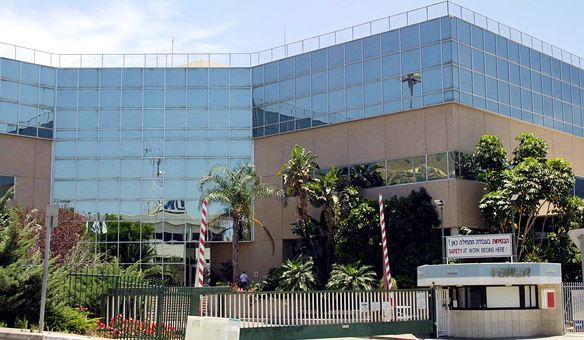Another big tech company has joined the long list of organizations affected by ransomware infections. Pentest training report that Israeli firm Tower Semiconductor, dedicated to manufacturing wireless camera and chip sensors, suffered an encryption malware attack, so they will have to pay hackers hundreds of thousands of dollars to regain access to their servers.
The information was shared with the Calcalist news platform by a source close to the company that has requested anonymity. The informant claims that Tower has an insurance policy that covers these kinds of incidents, a determining factor in the company’s decision to pay the ransom. A few months ago it was reported that Tower and Sapiens, a software firm, paid about $250,000 USD in cryptocurrency to restore their services, affected by a similar incident.

Tower Semiconductor executives decided to report the incident to the Israel Securities Authority, which recommended the closure of some servers and the disruption of some manufacturing activities at their facilities as a security measure, pentest training specialists reported.
Disruption in its manufacturing process could have severe consequences for the company, not to mention the media problems that these incidents often cause: “The losses from shutting down production systems due to this unforeseen event could reach millions of dollars, depending on how long it takes to restore them,” the informant says.
The method by which hackers accessed the company’s networks has not been determined, although researchers believe that the remote working model could have contributed to the malware’s entry.
Ransomware attacks are not unknown to organizations in Israel. A recent report by local cybersecurity firm Skybox Security says that, in the first half of 2020, there was an increase of about 72% of ransomware attacks compared to the same period last year. By the end of 2020, experts anticipate that some 20,000 ransomware attacks will be recorded in Israel, as mentioned by pentest training specialists.
Paying ransomware operators or not remains a contentious issue, because although it is the fastest option to recover from these attacks, many believe this is not recommended: “We usually ask victims not to negotiate with hackers, says Yossi Rachman, Cybereason’s chief security director. Law enforcement agencies also do not recommend paying the ransom, although the decision rests with the victims.

He is a well-known expert in mobile security and malware analysis. He studied Computer Science at NYU and started working as a cyber security analyst in 2003. He is actively working as an anti-malware expert. He also worked for security companies like Kaspersky Lab. His everyday job includes researching about new malware and cyber security incidents. Also he has deep level of knowledge in mobile security and mobile vulnerabilities.











